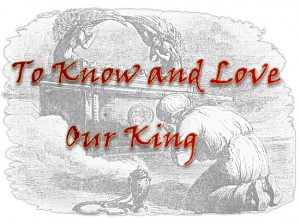
Don't Forget to Share!
Have you ever wondered how Elohim can command that we love Him?
Have you wondered what it means to "know YHVH"?
This is a series where we will be defining and studying what the terms "to love", "to know", and "to worship" meant in ancient Near Eastern treaties and using that knowledge to better understand the Scriptures.
I hope you enjoy!!
Oops, this is members-only content
This page requires at least a Basic level membership to access the teaching.
Audio
Oops, you don't have access to this content
Resources
The following is a list of recommended resources for this teaching:
- To Know and Love Our King part 1
- To Know and Love Our King Part 2
- To Know and Love Our King - Part 3
-
Here is the worksheet that covers "to love" in the First Century Writings so that you can research it.
To Know and Love Our King - First Century Writings
Categories
16 thoughts on “To Know and Love Our King Series”
Leave a Comment
You must be logged in to post a comment.

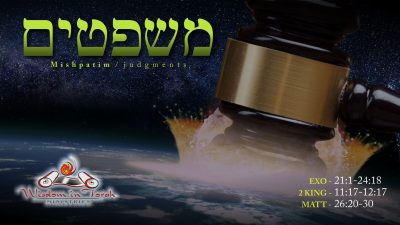
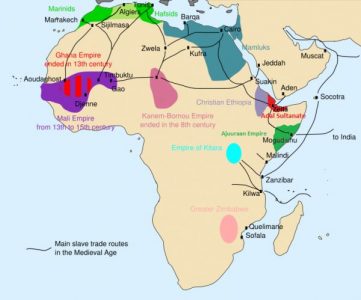
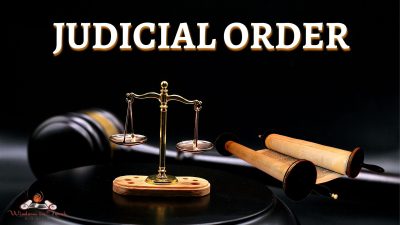
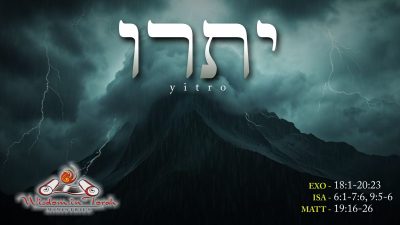
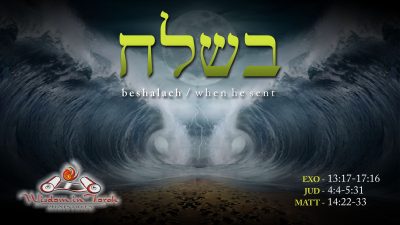

where can I find this teaching?
Shalom and thank you Ryan for this wonderful teaching. I had a quick question. You mentioned throughout the teaching about internalizing Yehovah’s Torah, how does one go about internalizing it? When I was in college I took a homiletics class that taught us to internalize our sermons which was really us memorizing it. I know that there were times when I did feel like the sermons where apart of me so to speak but I’m not sure I understand how one internalizes the Torah. If you could offer some insight I would greatly appreciate it.
Shalom
Jen
Shalom Jen,
I’m glad you enjoyed the teaching. Memorizing is definitely a part of internalizing the Torah; that is why it is important to read the annual Torah portions even if you don’t understand everything. I think that internalizing may be a bit different for everybody; for me I remember stuff better if I understand how it works, so I study deep into the commandments to see their function and their teaching. It is also important to establish rituals that incorporate the Torah in them, a subject that I spoke of in my latest teaching “Holiness & Hanukkah”. Lastly, we can actually learn a lot from the military as far as internalizing goes. When I went to boot camp, their first goal was to break me down of all my old bad habits and then build me up with new, good habits through repetition of drills. When we initially come to Torah, many of us go through a breakdown period where we are almost scared of our own shadow out of fear it may be pagan. After we are broken of our old habits, it is important to live out the commands of the Torah, even if they don’t make sense and don’t seem relevant for today, because one day soon, they may become a matter of life and death.
So in summary, I would say internalizing is a combination of memorizing/understanding the commandments as well as incorporating each of them as best we can into our lives now. You will know that the commandments have become internalized when you don’t even have to think when you fulfill a commandment.
Shalom,
Ryan
Shalom, shalom. Thank you so much Ryan for responding to my question. What you explained in your response makes sense to me for sure. I have to be honest and say that although I’ve been keeping Torah for about three years now I am still very much overwhelmed at trying to understand Torah and the commandments. I have yet to listen to your “Holiness & Hanukkah” teaching but am planning on it this week, after I finish this 3 part teaching. How would I go about studying the commands to see their function. I think I feel lost. I keep Shabbat and the feast, as well as eating kosher which is the beginning but I feel like I don’t know what I’m supposed to do after that. I it is my desire that as I go through these teachings that things begin to click because it’s my desire to do that which pleases my Master. If you could point me in the right direction or offer anymore insight I would greatly appreciate it. Thank you again for all your time and work.
Shalom Aleichem
Jen
Rico covers a lot of the function of the commandments in his Torah portions. Also, he had some stuff last year that covered some of the individual commandments that I believe he’ll be reposting as the cycle comes around to that point.
Aside from that, I would also recommend checking out the forums here: http://wisdomintorah.com/bbpress/ Feel free to ask any question about any commandment and you’ll usually get a good response from people. We have some great regular posters that love to help out. If you need additional help, you can also try emailing myself or one of the other moderators on the forums for any private conversational needs too.
Shalom,
Ryan
So glad to hear that he will be reposting those teaching as they come around in the cycle.
I guess I’m just overwhelmed with where to start and when I read it, it all seems so random
to me and I cant seem to see how it all connects and what applies to me and how to do it.
i tried to register for the forum but it’s not working.
You shouldn’t have to register, just use the same password that you log into this website. If it doesn’t work, please contact Victor for troubleshooting at wisdomintorah@torahteachers.com
Thanks very much Ryan, it really helped to learn the intent of the vocabulary. We can be so mislead with translations.
I’m especially grateful for having a deeper sense of the meaning behind the Shema. It helped make it more dimensional. Looking forward to the next teachings.
Thank you so much for this teaching. I was blessed and learned much.
I just tried looking for the module. Mr. Benner must have changed around his website because it used to be a lot easier to find. Anyways, here is the link that I found:
http://www.mechanical-translation.org/2-esword.html
It’s a little counter-intuitive… under the header ” The Ancient Hebrew Lexicon of the Bible Module”, there are bolded red words that are actually download links. You’ll need to download the module for the version of E-sword that you are using and also download and install the ancient Hebrew font packs.
Shalom,
Ryan
Awesome work brother! Really appreciate all the effort you, Daniel, and Rico are putting into this study on ANE covenants.
Is Jeff Benner’s lexicon for e-sword through his website, or just through e-sword. I am having a tough time locating it.
Peace!
Dustin
Excellent. teaching.
Todah
Thank you all for the encouragement. I noticed that the video messed up a little during some of the transition effects so I’ll try to fix that soon and re-upload the video.
Here is the tentative plan for the series. The next video’s will be between 30min-45min and I’ll be releasing one per week:
Part 1 – Shema – (current video about love between a suzerain and vassal)
Part 2 – Our Neighbor – Interpersonal love and how we are to “love our neighbor as ourselves”
Part 3 – …And You Shall Know Them by Their Love – “to love” in the First Century Writings (New Testament)
Part 4 – Know יהוה – What it means to “know” YHVH according to ancient Near Eastern understanding
Part 5 – Whom Do You Worship – What “to worship” means and how modern society is filled with idol worship.
Shalom,
Ryan
Thanks Ryan. This was a great teaching and foundational to our understanding.
Again another great teaching Ryan, I pray more people will take the Yeshiva studies serious and understand these concepts. Loved it, cant wait for the next one.
Shalom Brother